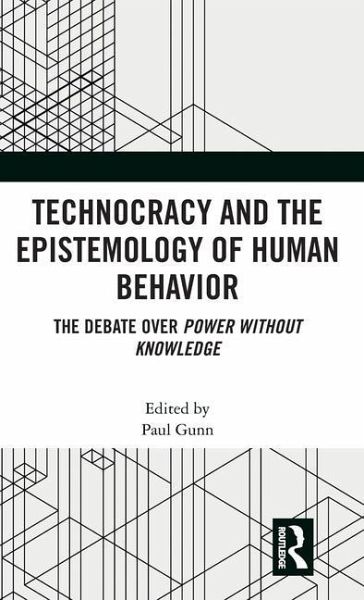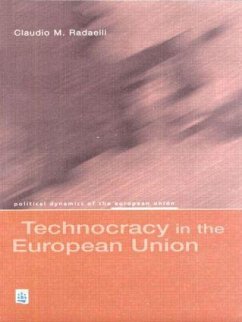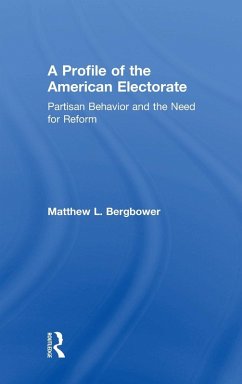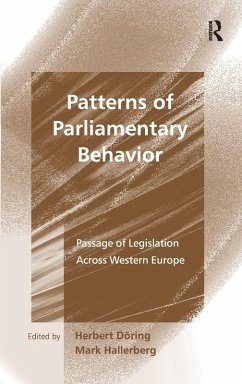
Technocracy and the Epistemology of Human Behavior
The Debate over Power Without Knowledge
Herausgeber: Gunn, Paul
Versandkostenfrei!
Versandfertig in 1-2 Wochen
150,99 €
inkl. MwSt.
Weitere Ausgaben:

PAYBACK Punkte
75 °P sammeln!
In Technocracy and the Epistemology of Human Behavior, thirteen political theorists, including Friedman himself, debate the implications of Power Without Knowledge for social science, modern governance, the politics of expertise, post-structuralism, anarchism, and democratic theory.














